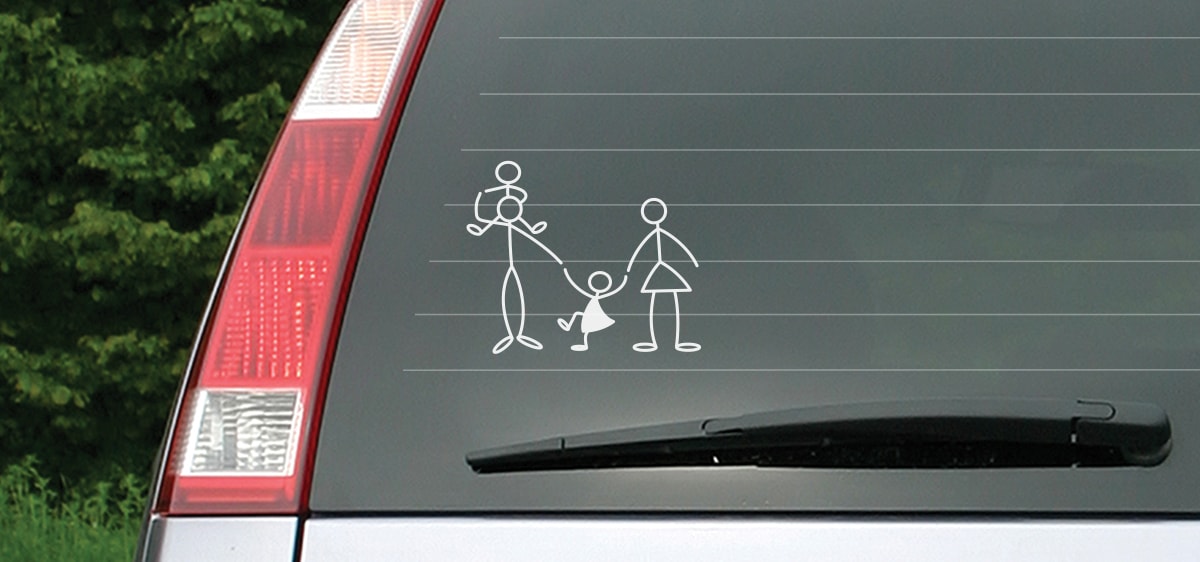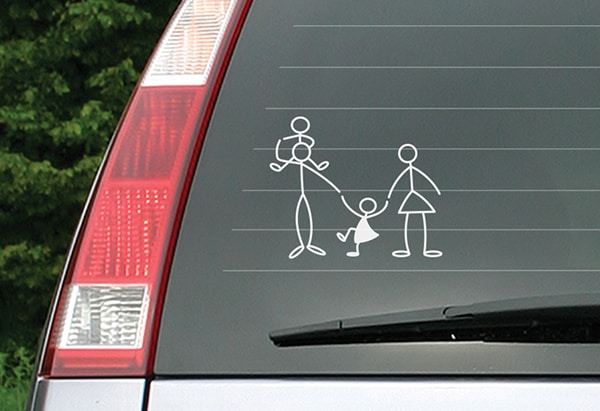[vc_row][vc_column][vc_column_text]

[/vc_column_text][/vc_column][/vc_row][vc_row el_class=”hero-header-text”][vc_column][vc_column_text]
the Marriage Elite
When will the church move beyond its single-minded obsession?
by Nilwona E. Nowlin | March 22, 2018
[/vc_column_text][/vc_column][/vc_row][vc_row][vc_column][vc_column_text]
When I was fifteen, I imagined that I’d be married with kids and a best-selling book by the time I was twenty-five. At twenty-five, I was single with no prospects. It wasn’t quite a recipe for disaster, but it stirred up its fair share of unnecessary stress. See, most of what I’d heard about singleness from the pulpit until then was that it was the time in life to prepare for marriage. If I was “still” single, it meant that a) God was still working on me, b) God was still working on my future husband, or c) a little of both. The longer I was single, the more I began to feel like there was a whole unknown checklist of benchmarks I wasn’t meeting.
I tried to do everything I could to fix myself, including delving into books for singles with titles like Lady in Waiting, Never Alone, and the now infamous I Kissed Dating Goodbye. I was one of the most dedicated volunteers in my church, had an active relationship with God, tried to be a compassionate and dedicated friend—yet I was still single. In my late twenties, I was frustrated and tired of trying to meet these unknown benchmarks.
Then I changed my perspective. I thought about the older single women in my church. There were women in their thirties, forties, and fifties who had never been married, yet they were cheerful and seemed content. If they could do it, then so could I!
So I entered my thirties feeling slightly more hopeful. Surely God had someone out there for me—I just had to shift my focus. Delve deep into working for the Lord, and my husband would show up when I least expected it. That perspective lasted for about twenty minutes. By that point, my biological clock was clanging in a most disrespectful manner, and I was going into panic mode. Maybe I’d set my standards too high and should reconsider old boyfriends? There had to be something I could do. I just couldn’t fathom the possibility of being a “forever single.” Nothing in my spiritual formation had prepared me for such a possibility. My whole life I’d been living with the expectation that I would get married and have children. Teachings from the pulpit (and church culture in general) not only encouraged this but essentially set it as the standard.
By the time I reached forty, I had done some deep work with God and finally come to a place of truly being content in my singleness (and childlessness). If I got married, cool! If I didn’t, cool! When this happened, I realized that I had been duped. It was like I’d discovered the existence of the Matrix. To the church (and society), I had no true value or purpose unless I was married with children. This message is embedded within our sermons, Sunday-school classes, auxiliary ministries—it’s everywhere. And we’ve all—singles included—internalized it. As a forty-three-year-old single woman with no kids, I’ve learned that the church doesn’t quite know what to do with me. Most singles ministries are designed for twenty-somethings, but most ministry activities for people in my age group are designed for married people and/or parents. I’ve learned to “get in where I fit in,” but that can often be an isolating and painful experience. I have found that the longer a person has been married, or the younger they were when they got married, the less likely they are able to realistically speak to the “struggle” of being single. But that doesn’t stop them from trying—and often running over our personhood and emotions like a bulldozer in a junkyard. This is my lived experience and the experience of many of my single friends. Because the church has set “married with children” as the standard, those of us who don’t fit that standard are otherized.
Because the church has set “married with children” as the standard, those of us who don’t fit that standard are otherized.
How can the church do better by the single folks in the pews? Of course each context is unique, but in my ideal congregation here are some ways the church could more fully integrate single people into the body.
Recognize that “single” is only a fraction of our identity. There is an unspoken assumption that for people who are single with no kids life is automatically a cakewalk. This attitude seems to presume that the core of our existence is centered on our missing spouse or children. Yet single folks have the same types of commitments and stressors (work, church, family) as married folks. Should I dare to comment on social media how tired I am at the end of the day, I have to brace myself for the onslaught of, “At least you don’t have to come home and take care of a husband and kids.” For a single person who continues to lament my singleness, such comments are a kick to the gut. They minimize the very real obligations and stressors I face every day that have nothing to do with my marital status. In my own situation I must also manage a chronic illness that renders me exhausted as soon as I get out of the bed in the morning—in addition to working to make a living, cooking my meals, doing laundry, scrubbing the toilet, and taking out the trash at the end of the day. And be present to others in my life as a minister, friend, daughter, auntie, sister, etc.
Recognize that the needs of singles may vary according to their phase in life. Singles inhabit all walks of life and, like all people, have a variety of needs. A twenty-three-year-old divorced woman has different needs than a twenty-five-year-old single man or a thirty-eight-year-old single mom. And their needs differ from the fifty-three-year-old divorced dad or the seventy-nine-year-old widow. Yet too often singles ministries in the church simply still function as holy dating services for twenty-somethings.
I sometimes wonder if singles ministries do more harm than good. Perhaps we could better integrate singles into the life of the church by focusing on all members’ spiritual formation—singles and married people alike. In other words, if we focus on developing disciples—people who are growing daily in Christlikeness—then we could better listen to each person, and where they are on that journey. Rather than lumping all of us into a single category—or all married people into one category—such a perspective could make space for a wider variety of perspectives and stories and needs.
I sometimes wonder if singles ministries do more harm than good.
Instead of making assumptions about us, walk alongside us. Psychologist and theologian Christena Cleveland says the married/single conversation is cross-cultural. She says that married people should approach the topic of singleness as we would any other culture that is different from ours.
When I coach people about cultural competency, I encourage them to build authentic relationships with people who are different from themselves. One of my greatest frustrations as a single person is when people who don’t have a relationship with me attempt to make suggestions about how I should live. Often those comments come from a desire to be helpful, but it is deeply hurtful to hear comments about a single person’s integrity, maturity level, and ability to lead that are too often based on assumptions about singleness.
For example, I have heard the generalization that single people struggle with lust, so single women are often labeled as threats/temptations to men (both married and single). As well, I have been told that being single at my age means there is clearly something wrong with me. Those kinds of assumptions lead to single people being passed over for leadership opportunities in the church.
Sometimes people assume that childless singles don’t know how to effectively engage with children. Yet paradoxically, because it’s easy to make assumptions about how much free time we have because we’re single, we’re also often the first to be asked to provide childcare or serve in the children’s ministry. Often, married people don’t realize the level of pain these experiences cause single people until they are walking alongside us
in authentic relationship.
When you think about it, it’s a bit ironic that single people are marginalized in a faith tradition that worships a single Savior. If we revisit the life of Christ, we are reminded that he makes space at his table for everyone. May it be so with his church.
[/vc_column_text][/vc_column][/vc_row][vc_row][vc_column][/vc_column][/vc_row][vc_row el_class=”cc-author-bio”][vc_column width=”1/4″][vc_column_text] [/vc_column_text][/vc_column][vc_column width=”3/4″][vc_column_text]
[/vc_column_text][/vc_column][vc_column width=”3/4″][vc_column_text]
About the Author
[/vc_column_text][vc_separator color=”black” style=”dotted”][vc_column_text]
Nilwona serves as a minister at Kingdom Covenant Church in Chicago and the executive director of Kingdom Oaks Community Development Corporation. One of her goals for 2018 is to finish writing her first fiction novel, Closer to Love. You can catch her procrastinating through oversharing at thedreamerspeaks.com.
[/vc_column_text][/vc_column][/vc_row]














